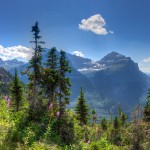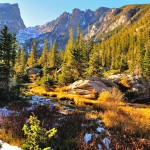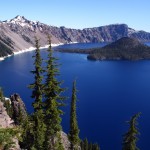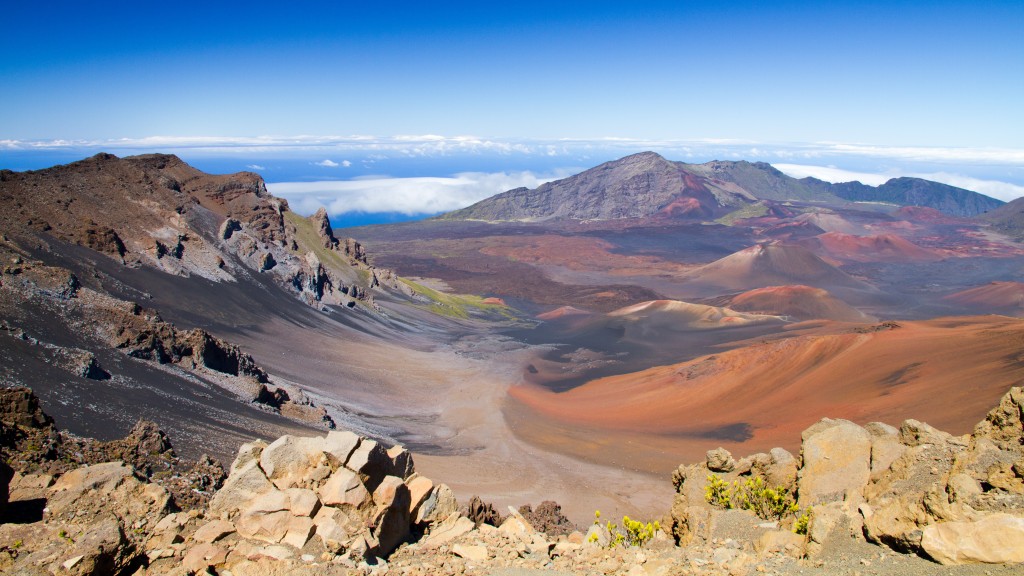A natural resource manager isn’t a job you’ll hear about often. Those who take on the duties of a this position will be in charge of managing a variety of different natural resources, including water, land, plants, soil, and animals. Natural resource managers focus in particular on how humans and our programs affect these resources and our overall quality of life. While they are concerned about the future, natural resource managers also have an eye on the future of our natural resources and what types of issues future generations will have to deal with.
What Is a Natural Resource Manager?
A natural resource manager is charged with protecting the wildlife, plants, water, and soil of an area. These professionals may be in charge of a conservatory, national or state park, historic site or may work within a specific region or state. Some may even work with private businesses to help that business reduce its carbon footprint and more effectively use its resources so as to not damage the land or sea as much.
Natural resource managers work for private individuals, state governments, or the federal government. They have a wide range of duties, and often they specialize in one particular area, such as working with wildlife, fisheries, land conservation, or land usage.
Duties of a Natural Resource Manager
A natural resource manager managers and protects natural resources—what exactly does that mean? It is somewhat vague, so here is a more detailed description of some of the things that a natural resource manager does:
- Study Wildlife Populations – As part of their duty of managing wildlife, natural resource managers study the population of an area. They may look at how the population of one species relates to another, if that species is expanding or slowly shrinking, if/when/how they migrate, and what their birth rate is.
- Assist Commercial Fisheries – In order to make certain there are enough fish to reproduce and keep the population going strong, natural resource managers may work very closely with the managers of local fisheries. They will monitor the amount of fish caught and may work with the managers to increase the population when necessary.
- Monitor Mining and Drilling – The natural resource manager who is in charge of an area may be involved in deciding where mining operations can be done and where companies can drill for oil and gas. In cases where the manager does not have direct authority, they often provide input and comment on the mining or drilling operation and its impact on the environment.
- Prepare Assessments – The natural resource manager of an area will pay close attention to what various government entities and private businesses want to do. They will research and prepare assessments of how these activities will affect the natural resources of an area. Plans are very often adjusted or abandoned altogether based on these assessments.
- Recommend Changes to Recreational Hunting Practices – While natural resource managers normally do not set catch limits or hunting seasons, they may provide recommendations for those who do.
- Restore and Maintain Natural Areas – Some natural resource managers actually work out in the field, restoring and maintain various natural areas. These managers tend to work outdoors more often than others and may have a fairly narrow focus.
- Regulate Land/Resource Use – Natural resource managers often have the authority to regulate the use of certain resources or areas.
- Oversee Forestry Programs – These programs involve setting limits to the number of trees that may be felled in a year and working with loggers to plant new trees in the area. Natural resource managers may work directly for logging companies in some areas.
Where Do Natural Resource Managers Work?
Natural resource managers may work in a variety of locations. Those who mainly focus on handling policy, doing research, and analyzing data will spend most of their time working indoors. They will often be in front of a computer or in meetings with people. Those who work to restore areas or work with wildlife may spend more time outdoors. Some positions move back and forth depending on what task they are currently working on.
Work Conditions
Work conditions may be primarily indoors or outdoors depending on what the natural resource manager is working on. Generally, they do not need to work overtime, nor do natural resource managers need to work evenings, weekends, or holidays. However, when working on a major project with a short deadline, overtime might be necessary.
Some natural resource managers may travel often, especially those in supervisory positions, advisory positions, or who work for the federal government.
Education Requirements for Natural Resource Managers
Becoming a natural resource manager does require you to earn a bachelor’s degree. However, because these professionals may work in a variety of different places doing a number of different things, there are several educational paths open. Any bachelor’s degree in biology or environmental science will give you the necessary education you need. Those who want to focus on one area may pursue a degree in a specific discipline, but it’s also acceptable to get a more generalized degrees in the sciences. Some programs you may want to consider include biology, forestry, botany, zoology, geology, environmental science, and park management.
Some upper level positions require a master’s degree, while some research position will require a doctorate. Those who want to teach natural resource management at the university level will also need to complete a master’s degree or a Ph.D., depending on the university.
While there are usually no experience requirements for those applying for entry level positions, it does help to have experience working in parks, zoos, and other, similar locations.
What makes a good natural resource manager? The best of the best are interested in nature and how the various plants, animals, and location all work together to create an environment. They also need to be comfortable working outdoors, be able to work closely with other natural resource managers and other professionals, and, perhaps most of all, care about the environment and the future we’re leaving to those who come after us.
Additional Training and Volunteering
For most entry positions, having a four year degree in science is enough to be considered for the job. Those who have some experience in an area of natural resource management will have a better chance of securing an interview, of course. For those who plan to pursue a job as a natural resource manager directly out of their four-year program, volunteering at a park or working for an environmental group can be a way of gaining some experience. Applying for an internship in this area is another way of showing that you’re dedicated to being a natural resource manager.
As far as training goes, many natural resource managers will be trained on current projects and plans for the region they are assigned to. There is usually no formal training program for them to go through—much of the specifics they need to learn will be taught on the job within the first few weeks.
Organizations in Support of Natural Resources
The main professional organization for natural resource managers in the United States is the Association of Natural Resource Extension Professionals (ANREP). This group hosts a biennial conference for professionals to share their work and thoughts on natural resource management. They also annually award those with outstanding publications, televised events, and other activities.
In addition to ANREP, many natural resource managers join local environmental professional associations. Some may join forestry groups or other specialized groups if they focus on projects in a particular area.











